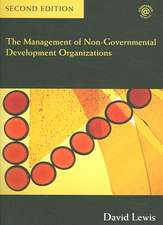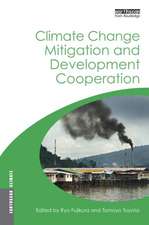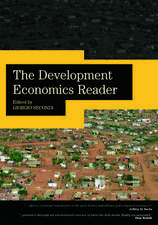Changing the Conditions for Development Aid: A New Paradigm?
Editat de Neils Hermes, Robert Lensinken Limba Engleză Paperback – 7 feb 2019
Preț: 143.63 lei
Preț vechi: 175.47 lei
-18% Nou
Puncte Express: 215
Preț estimativ în valută:
27.49€ • 28.90$ • 22.71£
27.49€ • 28.90$ • 22.71£
Carte tipărită la comandă
Livrare economică 17 aprilie-01 mai
Preluare comenzi: 021 569.72.76
Specificații
ISBN-13: 9781138867277
ISBN-10: 1138867276
Pagini: 160
Dimensiuni: 148 x 216 x 15 mm
Greutate: 0.21 kg
Ediția:1
Editura: Taylor & Francis
Colecția Routledge
Locul publicării:Oxford, United Kingdom
ISBN-10: 1138867276
Pagini: 160
Dimensiuni: 148 x 216 x 15 mm
Greutate: 0.21 kg
Ediția:1
Editura: Taylor & Francis
Colecția Routledge
Locul publicării:Oxford, United Kingdom
Cuprins
Changing the Conditions for Development Aid: Niels Hermes and A New Paradigm? On Aid, Growth and Good Policies, Are There Negative Returns to Aid? Aid and Performance: A Reassessment, ‘Good Governance’: The Rise and Decline of a Policy Metaphor? Assessing Aid and Global Governance, Aid Illusion and Public Sector and Fiscal Behaviour.
Notă biografică
Robert Lensink, Associate Professor of Economics, University of Groningen, The Netherlands.
Recenzii
A contribution to the aid literature.... A rich source for students of development. - Journal of International Development " Recommended to all involved in the debate on aid allocation and aid effectiveness." - Development Policy Review
Descriere
In this study the authors aim to put the discussion on the future of development aid into perspective and summarise the main findings of the other studies in this collection.
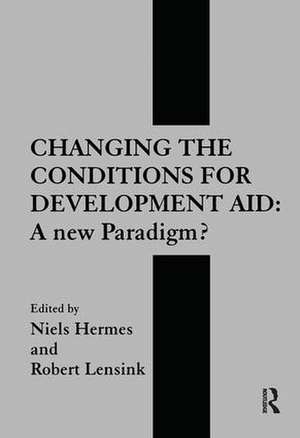
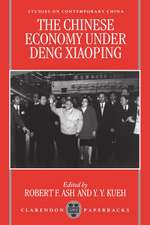
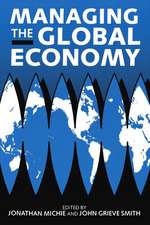





![The [European] Other in Medieval Arabic Literature and Culture: Ninth-Twelfth Century AD](https://i0.books-express.ro/bt/9780230109407/the-european-other-in-medieval-arabic-literature-and-culture.jpg)

